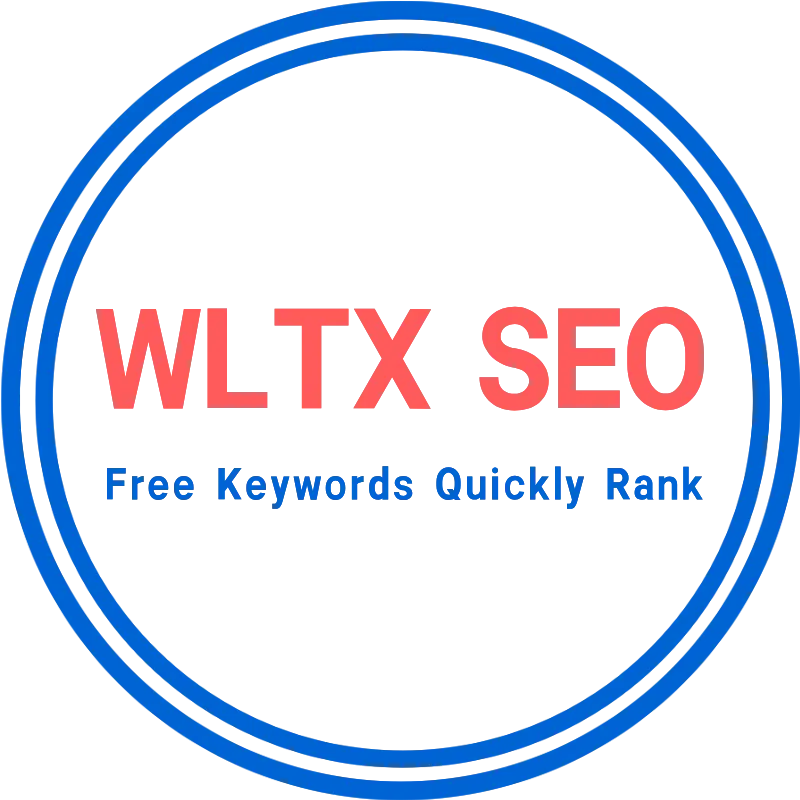Navigating the Search Engine Showdown: Bing vs. Google – The SEO Perspective
The battle for search engine supremacy isn’t just about features; it’s a fundamental fight for visibility, traffic, and business growth. While Google dominates headlines, Bing remains a persistent contender with surprising strengths. As experts in Google SEO services, we dissect this rivalry, analyzing crucial differences in algorithms, demographics, and optimization tactics – delivering actionable insights for your digital strategy.
Beyond Market Share: Understanding the Core Differences
The Algorithmic Divide:
Google’s RankBrain and BERT leverage deep learning to interpret complex queries, prioritizing user intent and context above all. Content must be semantically rich and deeply aligned with searchers’ unspoken needs. Bing, driven by Microsoft’s Prometheus and increasingly AI (thanks to Copilot integration), places stronger emphasis on exact-match keywords and social signals. While evolving, Bing’s algorithm remains more literal, valuing precise keyword placement and validation from platforms like LinkedIn or Facebook.
The User Base & Query Landscape:
Google commands ~90% global market share, attracting a vast, diverse audience with high commercial intent, especially among tech-savvy and mobile users. Bing, pre-installed on Windows devices and partnered with Yahoo/AOL, holds a niche with an older, wealthier demographic often accessing via desktop. Bing sees heavier usage in workplace settings and sectors like B2B services, luxury goods, and healthcare. Its users often type longer, question-based queries, presenting different keyword optimization opportunities.
Meta Matters: Title Tags & Descriptions:
Google increasingly rewrites titles for perceived relevance, prioritizing H1s or on-page content if they better match the query. Bing is more predictable – it generally trusts the <title> tag. For descriptions, Google often crafts its own snippet, especially for featured snippets. Bing relies heavily on the provided <meta description>. Control is critical for Bing; optimization there is more literal.
Strategic SEO: Tailoring for Each Engine
-
Keyword Strategy:
- Google: Focus on semantic search. Prioritize topic clusters, natural language, and synonyms using tools like Google’s own Keyword Planner and analyzing “People Also Ask.” Think beyond keywords to user journeys.
- Bing: Incorporate exact and partial match keywords prominently (titles, headings, URLs). Leverage Microsoft Advertising’s Keyword Planner for unique insights into Bing’s query data. Question-based keywords are gold.
-
Technical SEO:
While both require clean code and mobile responsiveness, Bing values XML sitemaps more explicitly and is stricter on crawl errors. Schema markup (especially for local businesses and events) yields strong visibility boosts in Bing. Google prioritizes Core Web Vitals (LCP, FID, CLS) as a major ranking factor – page experience is paramount. -
Content & Authority (E-A-T in Action):
- Google: Uncompromising on E-A-T (Expertise, Authoritativeness, Trustworthiness). Invest in deep, original research, showcase author credentials, secure high-quality .edu/.gov backlinks, and demonstrate transparent ownership (clear About/Contact). Content must solve problems comprehensively.
- Bing: Values established site age and domain authority heavily. Social proof matters – integrate social media presence (shares on LinkedIn matter significantly). Trust signals like verified business listings and HTTPS are crucial, but expertise is validated more through explicit signals and legacy factors.
-
Local SEO:
Google My Business (now Google Business Profile) is king for local visibility. Optimizing GBP is essential. Bing Places for Business is less competitive but vital for reaching Bing/Microsoft ecosystem users. Ensure consistency across Name, Address, Phone Number (NAP) on both platforms and major directories.
The Verdict: Straddling the Divide
Neither engine can be ignored, but resource allocation should mirror your audience and goals:
- Google is Non-Negotiable: Its sheer scale makes it the primary battlefield. Prioritize an optimized, user-centric website, stellar Core Web Vitals, deep topic coverage, and rigorous E-A-T signals. This foundation benefits all search visibility.
- Bing Represents Potential: Offers a high ROI opportunity due to lower competition and valuable demographics. Prioritize Bing SEO if targeting enterprise clients, specific older demographics, or industries performing well on Microsoft platforms. Its integration into ChatGPT and Copilot means visibility here is increasingly strategic for AI-driven search.
Synergistic Approach: Invest 80-90% in core Google E-A-T driven SEO. Allocate 10-20% to targeted Bing tactics: optimizing title/description tags literally, claiming Bing Places, utilizing Bing Webmaster Tools, and submitting XML sitemaps. Dominating one often improves visibility in the other due to overlapping optimization principles.
Conclusion: A Strategic Coexistence
Declaring an outright winner in the Bing vs. Google SEO battle oversimplifies complex digital ecosystems. Google reigns supreme in global reach and technical sophistication, demanding unwavering commitment to quality, user experience, and E-A-T principles. Bing, however, is more than an afterthought – it’s a valuable secondary channel offering unique audience access and lower competition, striking a chord with specific demographics embodied in the Microsoft universe.
The expert SEO strategy isn’t blind allegiance to one. It’s building a robust Google-first foundation rooted in authority, transparency, and technical excellence, then opportunistically leveraging Bing’s specific requirements to capture incremental traffic from high-value segments. By mastering the nuances of both, businesses maximize their digital footprint and build resilience in an ever-evolving search landscape.
Bing vs. Google SEO: Your Questions Answered
Q1: Is Bing SEO easier than Google SEO?
A: In some ways, yes. Bing has lower competition, and its algorithm is often seen as less complex regarding natural language processing/understanding. Literal keyword matching and strong domain age/trust factors carry more weight. However, driving significant traffic requires understanding its unique audience and features (like its social signals bias). Don’t underestimate it.
Q2: How much of my website traffic can I expect from Bing vs. Google?
A: This varies vastly by industry, geography, and target demographic. Generally, expect 80-95% from Google and 2-10% from Bing for typical websites. Enterprise B2B or sites targeting older demographics might see 10-25%+ from Bing/other Microsoft-powered search avenues. Analyze your own analytics!
Q3: If I’m optimized for Google, am I automatically optimized for Bing?
A: Mostly, but not entirely. While core technical SEO (mobile-friendliness, speed, sitemaps) and quality content benefit both, key differences exist. Bing requires more focus on exact keywords in titles/meta descriptions, values XML sitemaps deeply, and prioritizes social signals and domain age differently than Google. Think of it as 80% overlap.
Q4: Does Bing really have a higher conversion rate?
A: Some studies and industry reports suggest Bing users can have higher conversion rates and Average Order Values (AOV), particularly in B2B scenarios and luxury sectors. This is attributed to its demographics (often older, wealthier, more decisive desktop users). However, Google’s sheer volume typically drives more total conversions.
Q5: How important is Bing Webmaster Tools?
A: Crucial for Bing SEO! It provides unique insights Bing specifically uses for ranking. Unlike Google Search Console (which is essential), you must submit your XML sitemap to Bing Webmaster Tools for optimal crawling/indexing. It also reports on backlinks detected by Bing – valuable data you won’t find elsewhere.
Q6: What about Bing’s integration with ChatGPT/Copilot? Should that change my strategy?
A: Absolutely. Microsoft is aggressively integrating Bing into its AI ecosystem. Searchers using Copilot in Edge or Windows 11 get answers powered by Bing. Optimizing for visibility in Bing’s “traditional” web results increases the chance your content is sourced as part of AI-generated answers. Long-form, detailed, question-answering structured content gains even more importance.
Q7: How does E-A-T apply to Bing?
A: While Bing explicitly references “Expertise, Trustworthiness, Authority” in its guidelines, the application differs. Bing heavily weights established trust signals: domain age, security (HTTPS), clear ownership (contact/impressum), and positive user engagement. Expertise is signaled more through formal qualifications showcased on the site and strong external signals (especially from professional networks like LinkedIn) versus Google’s deeper topical analysis. Prioritize transparency and hard trust signals for Bing.





